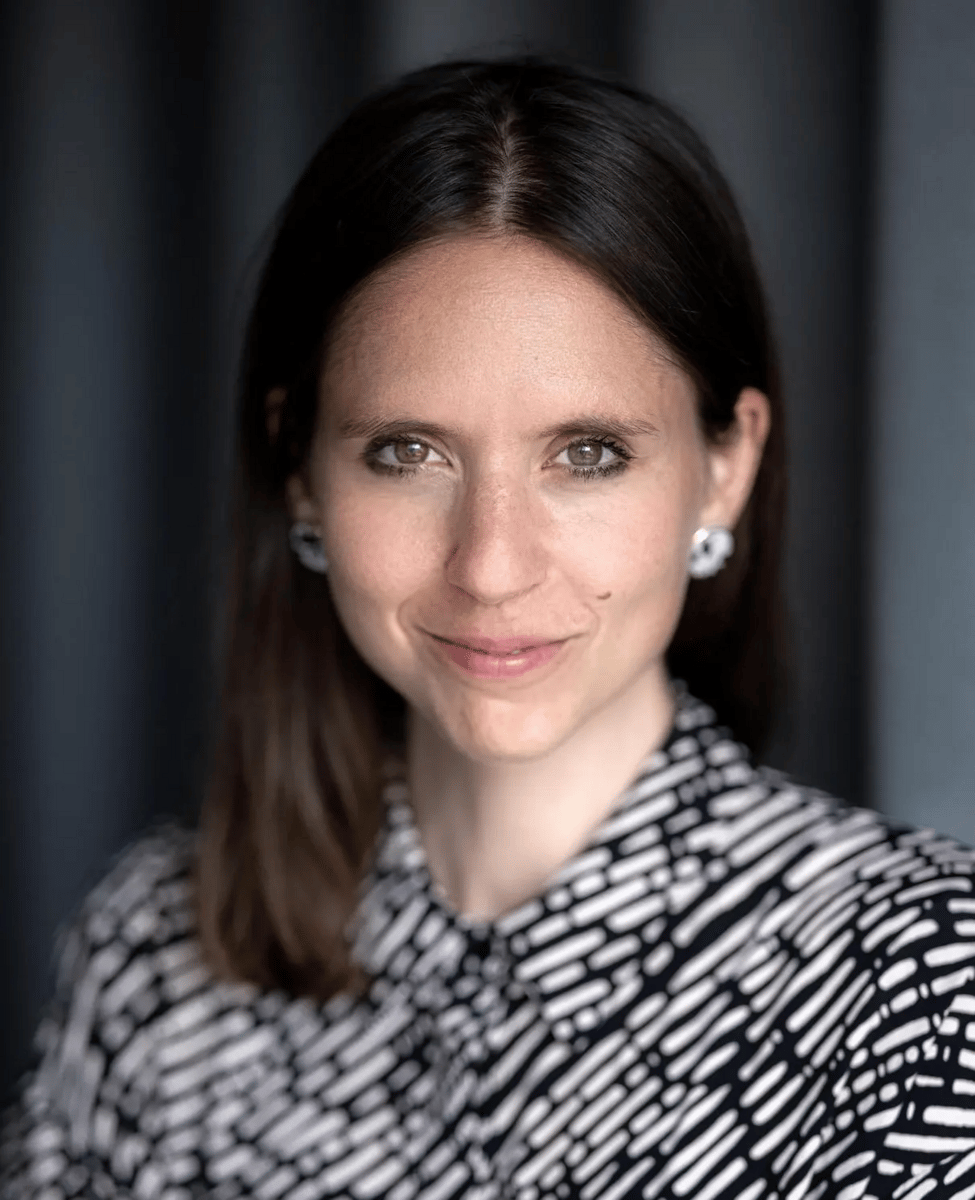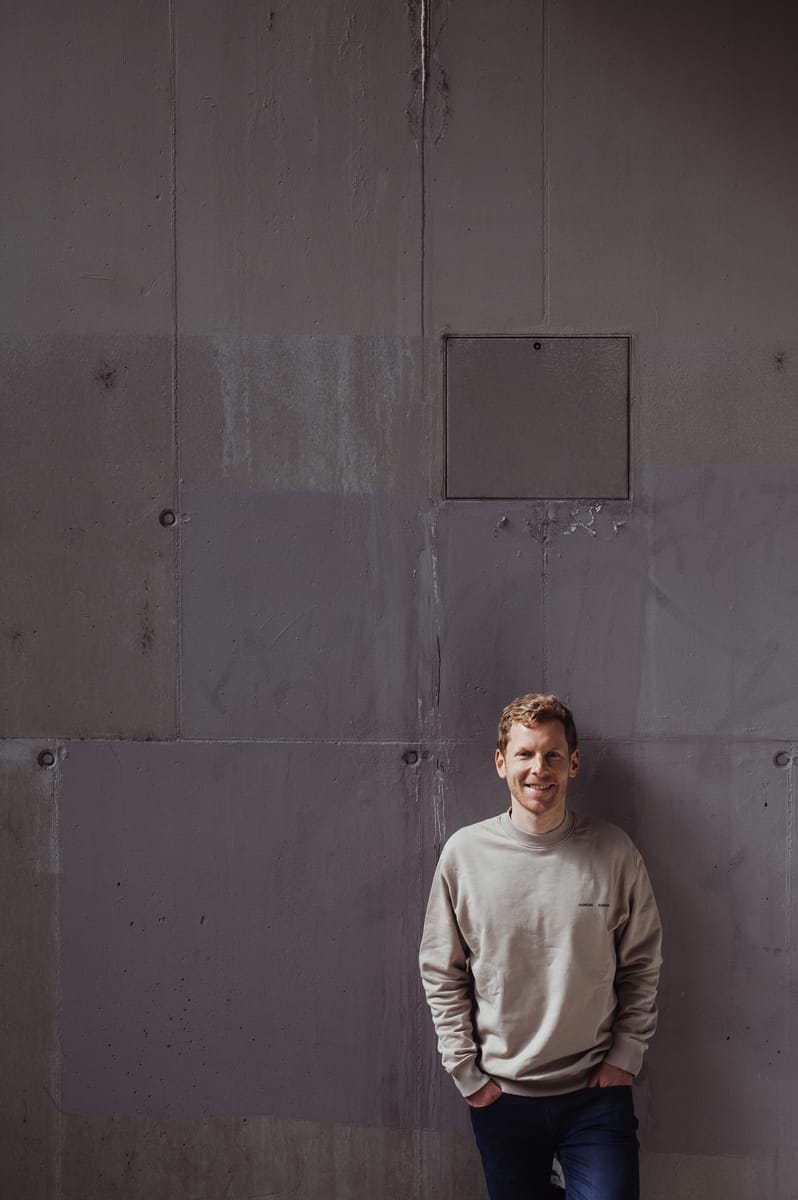Dear hustlers, founders, operators and visionaries,
Robotics is a tough game. Long development cycles, high capital intensity, complex go-to-market motion — and yet it’s the exact industry today’s podcast guest is building a category-defining company in.
Today, we sit down with Roman Hölzl, co-founder and CEO of RobCo, a Munich-based robotics startup on a mission to bring modular automation to the industrial SME sector. Before founding RobCo, Roman was a professional freestyle skier – and while the mountains may be different now, the pace, pressure, and mindset haven’t changed much. Roman shares how he went from jumping off icy cliffs to building a high-performance, fast-growing startup. We talk about the parallels between sports and entrepreneurship, how to hire for obsession, and why culture is defined by what you say no to.
Exclusively for our newsletter subscribers, Roman has shared additional insights below.
In the meantime: Follow the Gradient and stay tuned!
PS: Has this e-mail been forwarded to you? Sign up here.
How to ensure fast pace while staying grounded
What you will get out of this episode
In our conversation, Roman shares:
how his background as a competitive skier shaped his mindset as a founder
why taking calculated risks early on is crucial – in both sports and startups
how to build a high-performing team with a “Champions League” culture
why resilience often comes from your darkest moments
how he filters for passion, obsession, and energy when hiring
and much more!
Our main take away’s
Calculated risk is key to long-term success: Just like pushing big jumps early in the ski season to win competitions later, startups need to take bold but deliberate bets to grow – even if there’s a risk involved. It's about knowing when to go all in, and when to hold back.
Resilience comes from perspective: Going through tough times – like Roman’s injury – creates a benchmark for future challenges. When you’ve faced real adversity, the everyday stresses of building a startup feel more manageable.
Energy and obsession beat average performance: At RobCo, top performance is non-negotiable. Whether it’s competitive sports, music, or academia, past excellence often points to the drive needed in a high-growth startup.
Culture is built by what you say no to: Creating a high-performing team starts with clarity: not everyone is the right fit. Defining your culture by what you exclude – like average performance or lack of ownership – helps attract those who thrive under pressure.
How to reach out to Roman
Exclusive from Roman
How have you approached the go-to-market strategy for RobCo across a fragmented European landscape?
From the start, we’ve set our GTM up in a direct way from the start, tackling core geographies, ICPs and use cases directly and such that they roughly fall in a 500 km radius around Munich.
What’s one principle or mental model you find yourself coming back to again and again?
“The way of least regrets”: What shall we do as a team today, to not pose regrets in the future?
How do you personally define “high performance”?
Achieving self-defined and ambitious targets
What’s one piece of advice founders should actually ignore?
You know your company best: therefore, take in all advice but match it against your company data, and also personal gut feeling.
What are habits, activities, or small rituals that help you stay sane while scaling a high-growth company?
Loads of espresso!
What books, podcasts, articles inspired you?
I am a big fan of Walter Isaacson’s founders and scientists biographies.

Follow the Gradient is a weekly newsletter and podcast by the serial founders Melanie Gabriel & Christian Woese about how to build a business in Europe while staying sane.










